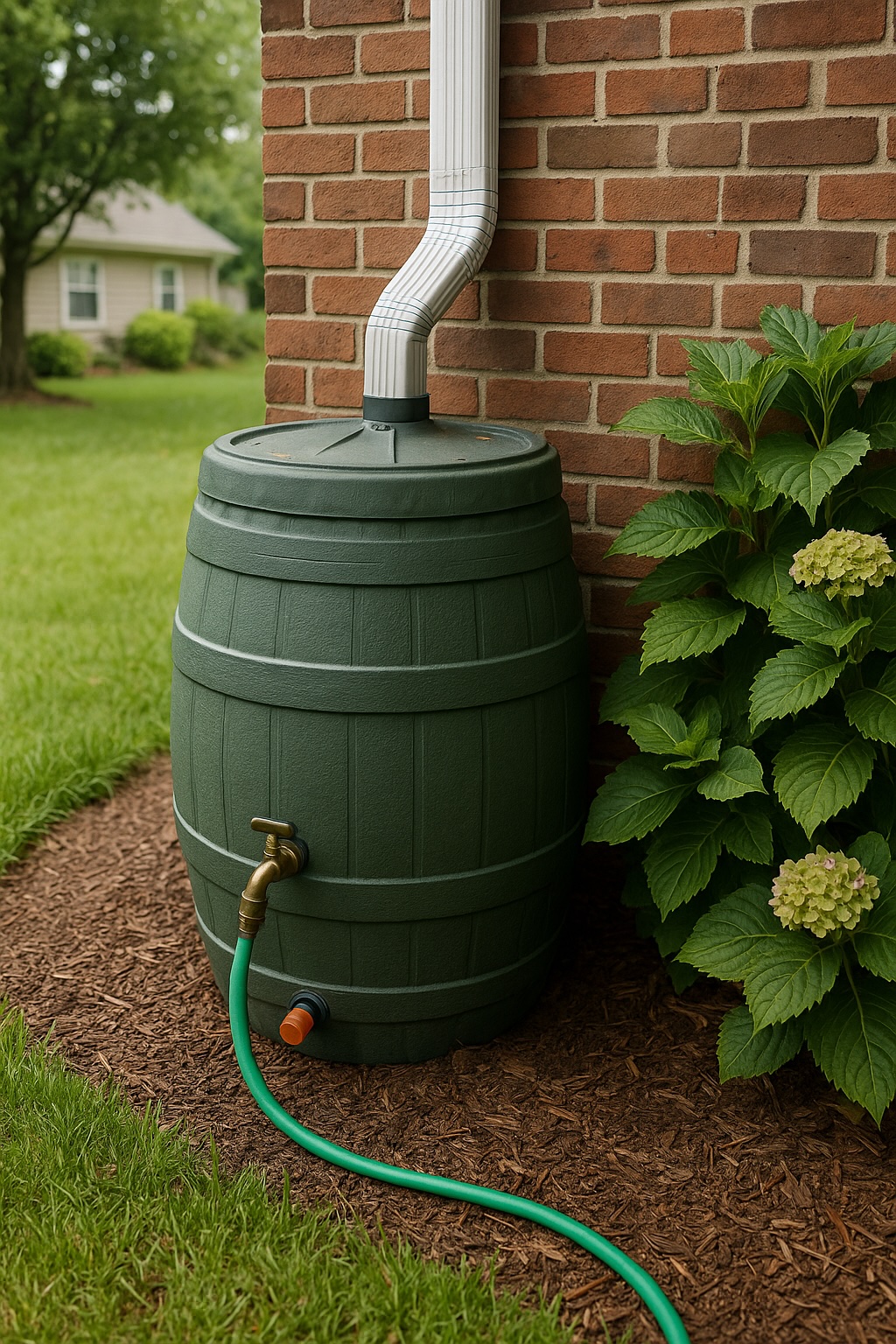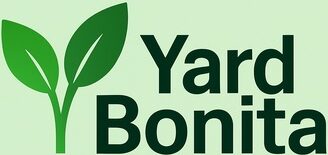
As water conservation becomes more important across Georgia, many Atlanta homeowners are turning to rain barrels as a smart, sustainable way to reduce water bills and support healthy landscapes. If you’re considering installing one, this guide walks you through the benefits, legal guidelines, system setup, and seasonal best practices tailored to the Atlanta climate.
Benefits of Using Rain Barrels in Atlanta’s Climate
Atlanta’s warm, humid climate sees an average of 47 inches of rainfall each year—more than enough to support strategic water harvesting. By collecting runoff from your roof, a rain barrel helps:
- Lower your water bill: Use free, non-potable water for outdoor irrigation instead of paying for city water.
- Reduce stormwater runoff: Help prevent erosion, flooding, and water pollution in local creeks and rivers.
- Promote plant health: Rainwater is soft, slightly acidic, and free of salts and chemicals found in tap water.
Even a modest 1,000 sq. ft. roof can collect over 600 gallons of water from just one inch of rain. That adds up fast!
Is It Legal to Use Rain Barrels in Georgia?
Yes! Georgia law allows the use of rain barrels and cisterns for outdoor irrigation, including gardens and lawns. The state actively encourages water conservation efforts. However, rainwater should not be used for drinking, and the system must not be connected to your home’s potable water supply.
Atlanta residents can check with the Department of Watershed Management for local guidelines and incentives, including occasional rebates or free barrel giveaways.
Choosing the Right Rain Barrel
Rain barrels come in various sizes and styles. For most Atlanta yards, a 50–65 gallon barrel is a good starting point. Key features to look for include:
- Overflow valve: To redirect excess water safely away from your foundation.
- Screened lid: To keep out mosquitoes, debris, and small animals.
- Spigot or hose connector: For easy access and irrigation use.
- UV-resistant material: Durable in the Atlanta sun and heat.
Some barrels are decorative, designed to look like wooden whiskey casks or terra cotta urns, so they blend in well with your landscaping.
How to Install a Rain Barrel in Atlanta
Installing a rain barrel is simple and can be done in an afternoon. Here’s how:
- Choose a level location: Near a downspout and slightly elevated for good water flow.
- Prepare the base: Use cinder blocks or a sturdy platform to raise the barrel off the ground.
- Modify the downspout: Cut and redirect it to feed directly into the barrel’s screened intake.
- Attach the overflow hose: Aim it away from your house, preferably into a flower bed or lawn.
- Connect a hose or drip system: Use the spigot to gravity-feed water to your garden.
Want even more impact? Link multiple barrels together with a connector kit for extra storage during Atlanta’s heavy rain events.
Best Uses for Collected Rainwater
Rain barrel water is ideal for:
- Watering lawns, shrubs, and flower beds
- Washing garden tools and outdoor furniture
- Filling birdbaths and decorative fountains
Don’t use it on edible plants unless it’s applied to the soil only and not the leaves, fruits, or vegetables. For food crops, use potable water or install a first-flush diverter and filtration system.
Spring & Summer Tips for Atlanta Barrels
- In spring: Clean your barrel and check for winter damage or debris. Reconnect hoses and test flow.
- In summer: Empty barrels frequently to prevent mosquito breeding. Consider adding a mosquito dunk (safe for plants and animals).
- During dry spells: Prioritize high-need plants and shaded areas where evaporation is slower.
Final Thoughts
Rain barrel setup for Atlanta homeowners is a practical, eco-friendly way to manage water use, reduce utility bills, and support healthier gardens. With just a small investment and a bit of setup, you can collect and use rainwater to give your yard a sustainable boost year-round.
